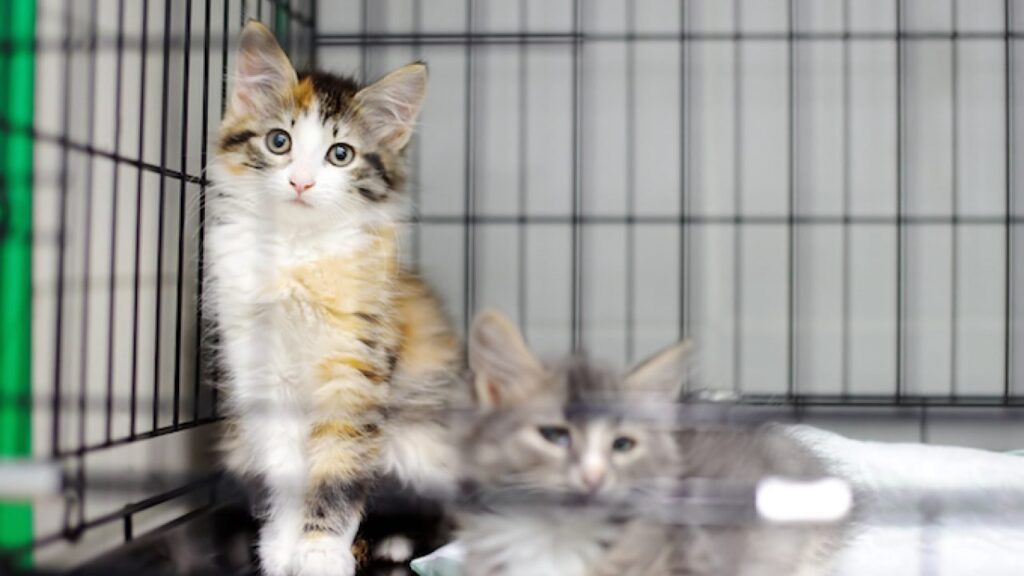The following was originally published on the Catfoodsite Blog.
By Jane Harrell
Fostering pets has been one of the most rewarding experiences of my life and is something I encourage everyone I know to do. But I’ve learned some big lessons along the way.
For the experience to turn out well for the foster parent and the rescue organization (and, most of all, the cat), it’s crucial that all parties communicate and be clear about their expectations and responsibilities.

Here are some questions to ask the rescue group or shelter before you sign up to foster (the group will most likely have you fill out a foster-home application as well). Don’t be alarmed if the group doesn’t have answers to all the questions you end up being caused. Each organization has its own procedures.
Questions about the cat:
- How did he come to be with the shelter or rescue group and how long has he been there?
- Why does he need a foster home now?
- Does he have any medical concerns or need medication?
- Has he been neutered (or spayed, if the cat is female)? If not, when will he be?
- Is he up to date on his vaccinations and has he been tested for diseases such as FELV and FIV?
- Since conditions such upper respiratory infections cannot be tested for, how long should I keep him separated from my own pets?
- Does he have any behavioral issues or concerns? How are they dealt with?
- Do you know how he is with kids, cats, dogs and/or strangers? Can my children or pets meet him before I commit to fostering him?
- Do you know how he does wthis individualn left alone?
- Is he litter box trained?

Questions about the fostering process:
- How long will I be expected to foster this cat? If it’s until a suitable home is found, how long do you expect that to take?
- What happens if I can no longer care for the cat?
- Who pays for medical bills if they arise? Does that include treatments for my pets if they catch something from my foster cat?
- What should I do if there’s a medical emergency?
- Who is responsible for communicating with potential adopters, screening them and introducing the cat to them?
- Will I be required to bring him to adoption events and, if so, where/when?
- Will you provide food, litter, supplies (such as a litter box), medications, etc., or will I be expected to?
- If I have a problem, whom can I contact? If I leave a message, how quickly will that person get back to me?
- Could my foster cat be deemed unadoptable and, if that’s the case, what happens then?
- Can I adopt him if I choose?
Even the best-prepared foster parent should expect the unexpected. But it’s so worth it. Like Marge, the cats with cerebellar hypoplasia whom I planned to keep for two weeks as she recovered from an upper respiratory infection – but who stayed for four months when it became obvious that she wouldn’t do well in the shelter.
Marge had to be isolated and needed daily physical therapy and enrichment work. She was one of my greatest challenges, but that just made it all the more rewarding when she found the perfect home, a devoted couple who continued her physical therapy. Last I heard, Marge is able to climb and descend stairs just like a champ – something we never thought possible when she first came to the shelter.
Wondering about Adopting the Right Cat For You? Check it out on our latest post!
